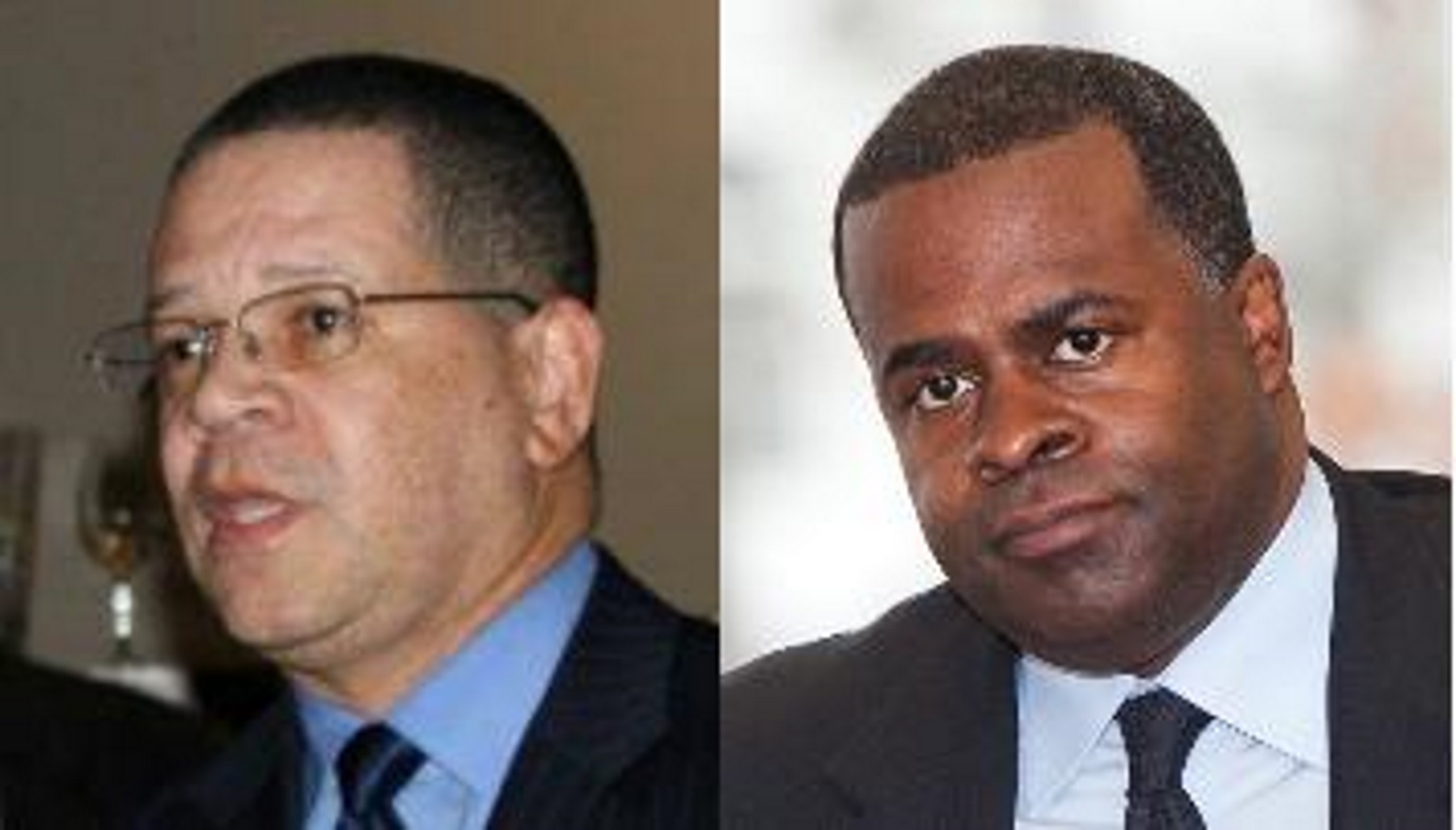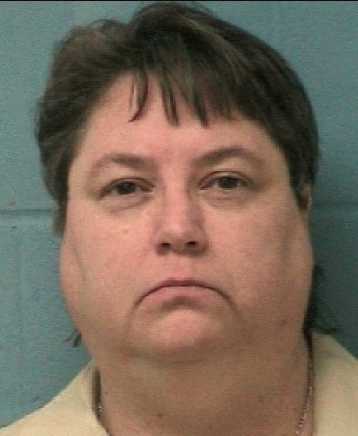First, a brief civics lesson.
Fulton County operates under a commission-county manager form of government. Its top elected official is the commission chair who serves a four-year term. Unlike the other six seats, which represent individual county districts, the commission chair is chosen at-large. According to Fulton County’s website, “This system combines the policy leadership of elected officials with the administrative abilities of a county manager.”
In Atlanta, the mayor holds the city’s top job and enjoys a good deal of power in the position. While the 16-member City Council acts as the city’s legislative arm, the mayor operates as the city’s chief executive, and, as such, is responsible for its day-to-day operations. Atlanta residents elect a mayor every four years.
Like us on Facebook
On paper and in practice, the positions are similar. And because 90 percent of Atlanta is within Fulton County, ideally, Atlanta’s mayor and Fulton’s commission chair would work in close harmony.
Ideally.
Few would say that’s the case between John Eaves — who chaired the Fulton Commission for a decade before resigning to run for Atlanta mayor — and Mayor Kasim Reed, now at the end of his second term.
How nasty has the relationship become? Downright ugly.
When Fulton County cut funding for Zika and West Nile virus prevention last year, Reed criticized Eaves even as he claimed to do the opposite.
“Fact of the matter is this isn’t about me, or John Evans, or whatever his name is,” Reed quipped to reporters, pretending not to remember his counterpart’s name in a clear snub of John Eaves.
In a July 2017 press release, Reed correctly recalled Eaves’ name, but continued his snub, characterizing Eaves’ position as Fulton Commission chair a “consolation prize.”
“The best part about [John Eaves] quitting his job as the quasi-leader of Fulton County is that he will no longer be involved in public service once he loses his ill-fated race for Mayor of Atlanta,” Reed wrote.
Recently, the two also locked horns over keeping the Atlanta Braves in the city, as well as plans to repair the collapsed I-85 bridge. Eaves got his turn when he sent an email knocking the Reed administration’s response to the paralyzing situation. “We need leaders who roll up their sleeves to develop robust public policy, not people who roll up to a scene because there are cameras,” it read.
So why the discord — after all, a smiling Kasim Reed was seen posing with the bride and groom at John Eaves’ 2010 wedding?
“The reality is sometimes you just don’t get along with a certain, select group of people,” Eaves said. “And that’s the case here.”
He didn’t go into detail.
“But I think there has been a missed opportunity for the past eight years.”
Eaves pointed to poverty, jobs and recreational programs for children as issues where the city and county could’ve worked better together.
WABE requested an interview with Reed, and included an outline of the story’s focus. In an emailed response, deputy press secretary Jewanna Gaither asked if it was “possible to send questions over for consideration?” When WABE declined, citing NPR’s ethical policy, the office did not make the mayor available.
“I think that the county and city could be working much more closely together,” said Reese McCranie. He’s worked for the Reed administration for the past eight years — half that time as the mayor’s deputy press secretary and more recently as the airport’s communications director. He’s now running for a seat on the Fulton Commission.
In general, McCranie said, both city and county governments run smoothly. But he would like to see a harmonious relationship between the next commission chair and mayor.
“We’re all adults here,” McCranie said. “We have to put our egos aside. We really have to understand that the challenges we’re facing are just too significant to let your own personalities get in the way.”
Even if little congeniality exists between the next mayor and commission chair, the challenges McCranie spoke of will. Epidemic HIV infection rates, for example, don’t begin or end at the city/county line.
Atlanta voters are preparing to elect a new mayor and replace nearly half the City Council. In this moment of transition, WABE is exploring “The Future of Atlanta.”









